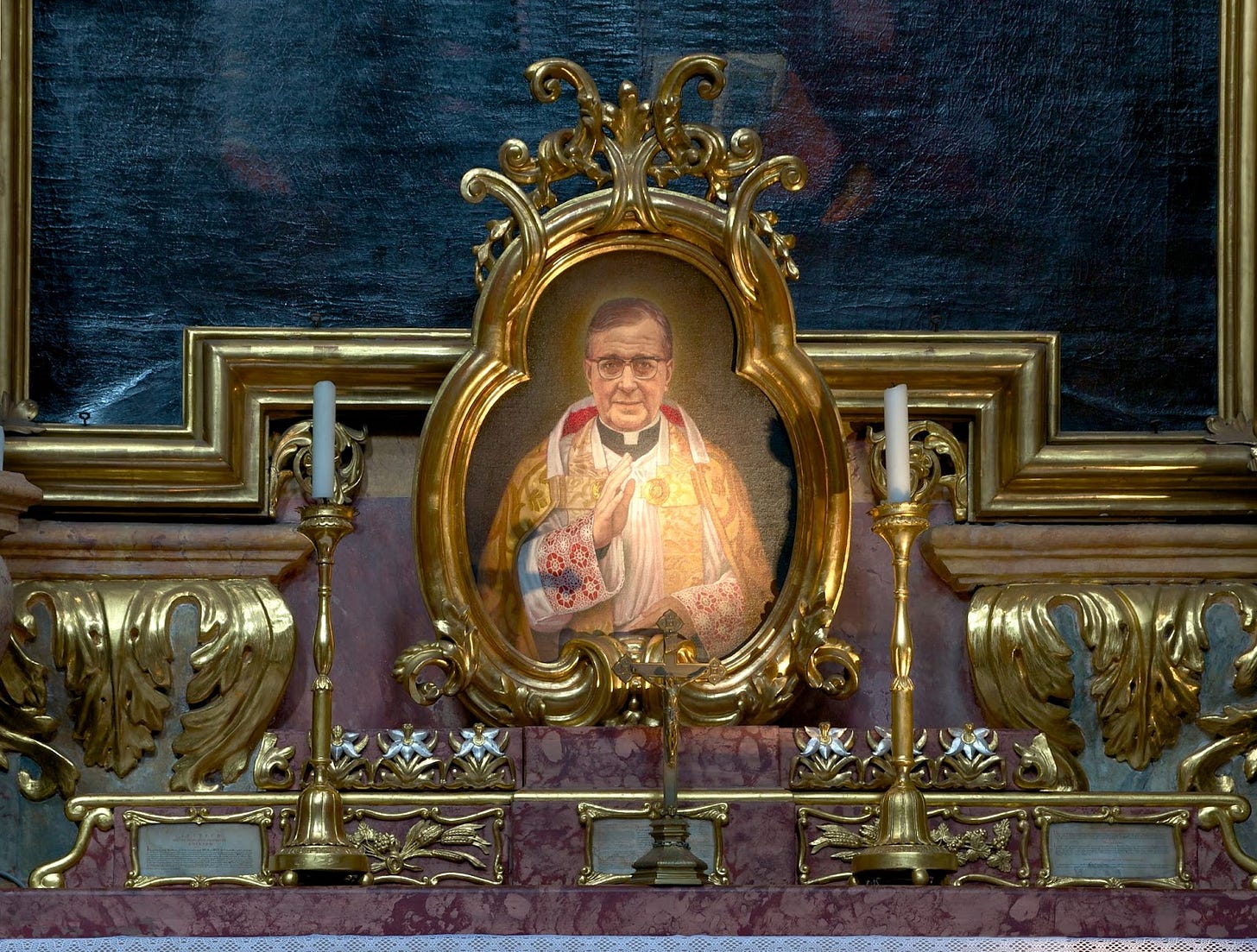Catholics affiliated with Opus Dei will gather in Rome April 12 for what is likely to prove a significant event in the group’s history.

They will attend a five-day extraordinary general congress, called by t…
Catholics affiliated with Opus Dei will gather in Rome April 12 for what is likely to prove a significant event in the group’s history.

They will attend a five-day extraordinary general congress, called by t…